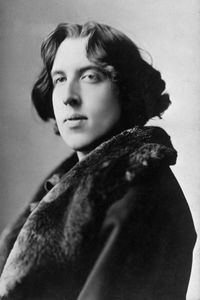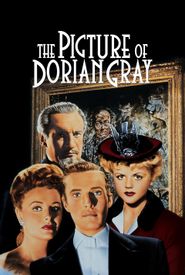Oscar Wilde: A Phenomenon of 19th-Century England
Born in Dublin, Ireland, Oscar Wilde was a gifted poet, playwright, and wit who made a significant impact on Victorian England. He was renowned for his emphasis on the importance of style in life and art, as well as his bold attacks on the narrow-mindedness of the era.
Wilde's Early Life and Education
Wilde was educated at Trinity College in Dublin and later at Oxford University in England, where he developed his literary talents and received the Newdegate Prize for his outstanding poem "Ravenna". His early years were marked by a prodigious literary output, with the publication of his first volume of poetry, "Patience", in 1881, followed by a play, "The Duchess of Padua", two years later.
Rise to Fame
Wilde's flamboyant personality and eccentric style made him an instant celebrity upon his arrival in America. He was known for wearing silk stockings and sporting long, flowing hair, which gave the impression of an effeminate and witty individual. His works, however, did not receive widespread recognition until the publication of "The Happy Prince and Other Tales" in 1888.
Notable Works
Wilde's notable works include his only novel, "The Picture of Dorian Gray", published in 1890, which caused controversy due to its apparent attack on the hypocrisy of England and its explicit homosexual content. The novel was later used as incriminating evidence against Wilde during his trial.
Personal Life and Trial
Wilde was married and had two children, but he was also a gay man who had an affair with a young aristocrat named Lord Alfred Douglas. Douglas's father, the Marquess of Queensberry, did not approve of his son's relationship with Wilde and accused him of sodomy. Wilde sued for libel, but his case was dismissed when his homosexuality was exposed. He was arrested for "gross indecency", tried, and sentenced to two years hard labor.
Later Life and Legacy
After his release from prison, Wilde was penniless and was forced to live off the generosity of friends and his wife, with whom he was socially separated. He attempted to reinvent himself as an exposé writer and commentator, but his efforts were largely unsuccessful due to the prejudice caused by his sentencing. Wilde died in a Paris hotel room at the age of 46, likely due to an ear infection contracted in prison.
Legacy
Wilde's works continue to be popular and have been adapted into numerous stage, film, and television productions. In 2017, he was finally pardoned by the British government, recognizing the injustice of his conviction and imprisonment.

































